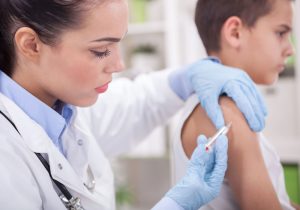
The HPV Vaccine Prevents Cancer
In the U.S., HPV infections are estimated to cause about 37,300 cases of cancer. The HPV vaccine can prevent over 90% of these cancers from ever developing.
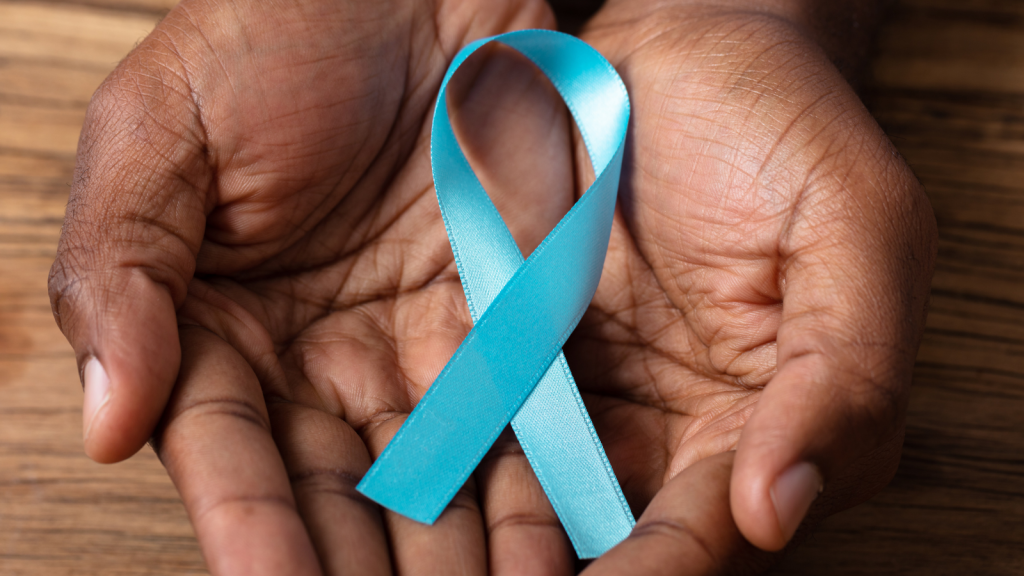
Cancer can be isolating, and it’s easy to see where friends and family members who haven’t personally dealt with cancer—and if they have, probably haven’t dealt with your specific cancer—aren’t able to fully relate and a patient can feel alone in some ways. The volunteer chapter leaders who work with ASHA’s National Cervical Cancer Coalition (NCCC) understand this well. Many chapter leaders are cervical cancer survivors or patients, while others are family members who lost a loved one to the disease.
In honor of Gynecologic Cancer Awareness Month, ASHA’s Fred Wyand asked NCCC chapter leaders to share their insights around what NCCC offers, coping with treatment and follow-up, and anything else they think women and families should know when it comes to dealing with cervical cancer. Fred shares their responses in this episode of ASHA’s Sex+Health podcast and underscores the need for support and the value in finding others who really understand and appreciate what a patient is going through.
Subscribe to Sex+Health at Apple Podcasts, Spotify, or wherever you listen to podcasts.

In the U.S., HPV infections are estimated to cause about 37,300 cases of cancer. The HPV vaccine can prevent over 90% of these cancers from ever developing.
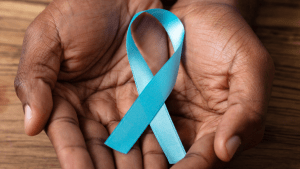
Though usually harmless, some types of HPV cause cervical lesions that, over a period of time, can develop into cancer if untreated.

Australia has been a leader in HPV-prevention and cervical cancer screening for decades. Because of this, it is now close to eliminating cervical cancer entirely. However, recent drops in vaccination and screening rates threaten this progress.
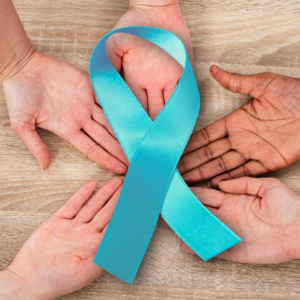
If you’re passionate about cervical health awareness, the resources here are for you. Advocacy around cervical health is especially relevant during national observances, including Cervical Health Awareness Month in January.

At the end of 2025, the American Cancer Society released its new cervical cancer screening guidelines. In January 2026, the Health Resources and Services Administration endorsed a new set of guidelines as well. Both suggest HPV screening with self collected samples is an acceptable option.

Research suggests that only one dose of the HPV vaccine may be effective enough to prevent HPV-related disease, including cancer.

The American Cancer Society (ACS) released new recommendations for cervical cancer screening that focus on HPV testing and approve the use of self-collected samples. The recommendations also clarify the age at which screening should start and stop.
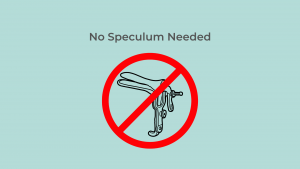
There’s a new way to screen for cervical cancer. With self-collection, you can take a sample of cells from your vagina. You still have to go to your provider’s office, but there’s no pelvic exam, stirrups, or speculum involved.
ASHA believes that all people have the right to the information and services that will help them to have optimum sexual health. We envision a time when stigma is no longer associated with sexual health and our nation is united in its belief that sexuality is a normal, healthy, and positive aspect of human life.
ABOUT
GET INVOLVED
ASHA WEBSITES
GET HELP
© 2026 American Sexual Health Association